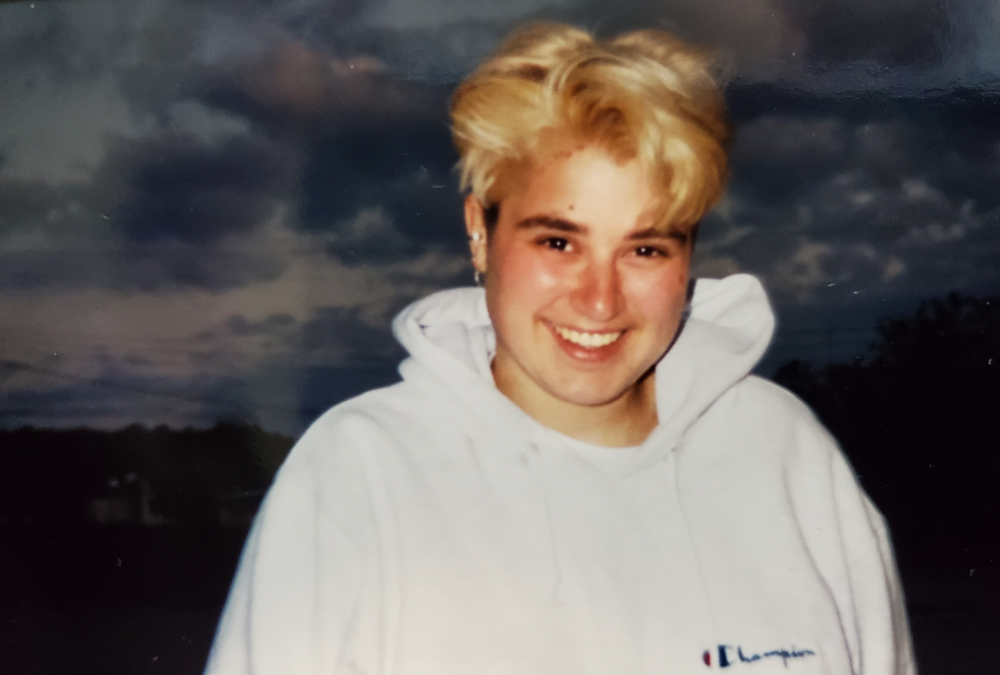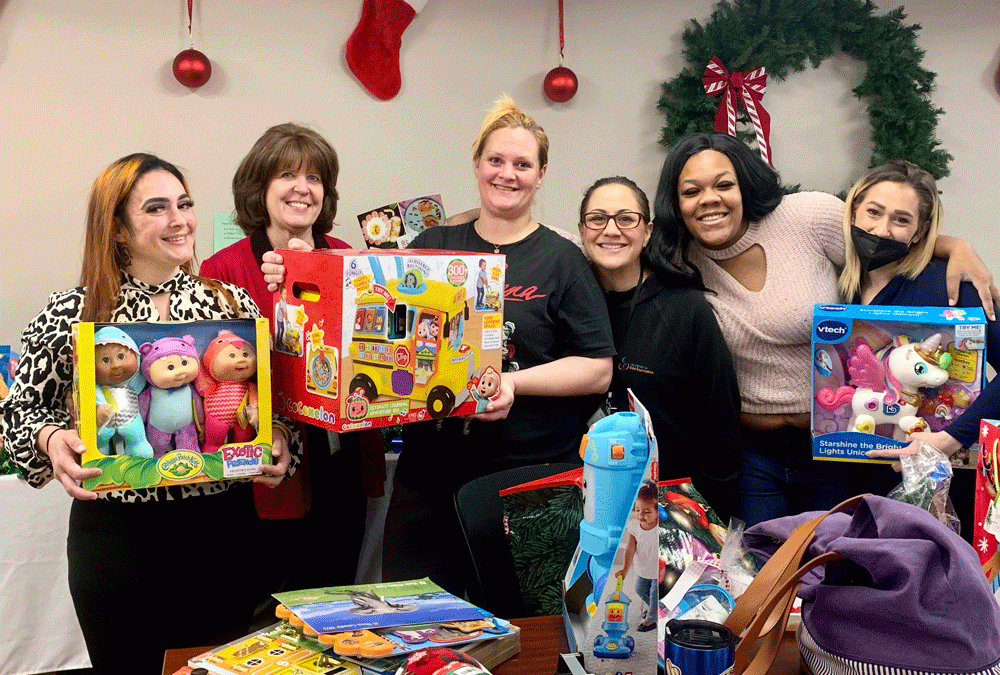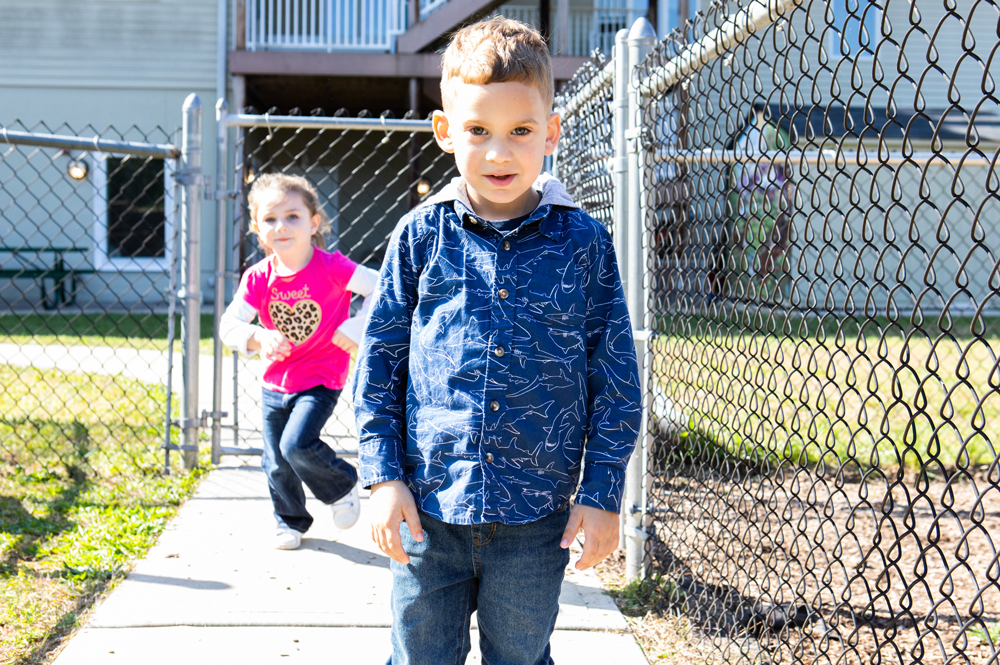
“I came out in 1992. Here’s what happened next.”
A relative who had always adored me, suddenly seemed very disinterested in having anything to do with me and has barely spoken to me since learning that I was gay.
A life-long family friend who always greeted me with the biggest bear hugs, now no longer acknowledges me — or even makes eye contact with me.
I’ve also had people introduce me to someone they know, and say excitedly, “Oh. This is Gina. Remember? I told you about her.” And then I listened as their voices flatlined when they referred to my partner, “And that’s Susan.” They didn’t even try to hide their disdain for our relationship.
Of course, there were also the not-so-subtle attacks I had to endure from complete strangers.
Like being in a crowd and having some random man stare me up and down and say to his friends, “Why can’t women just dress and behave how they know they are supposed to?” All I was doing was standing there with my lesbian friends. We were minding our own business. Yet he still felt the need, or maybe felt he had the right, to make a comment like that out loud and without any shame.
Then there was the time when I was a Rutgers undergrad, walking by myself on Easton Avenue in New Brunswick. A car full of guys drove by and screamed out the window, “DYKE.” Then threw a beer bottle at me. Overcome by panic, I tried to figure out what I would do if they stopped the car and got out. Fortunately, they didn’t stop.
I even had a man ambush me at my own front door and say, “You better watch your back and lock your door. The first chance I get I am going to convert you. And you know how I’ll know I’m doing a good job? You’ll be begging me to just kill you.”
All these incidents happened within the first 5 years I was out — when I was just 20 to 25 years old.
Now while those stories may sound horrible, I do have a positive story I’d like to share.
When I graduated from Rutgers in 1996, my parents threw a huge party for me. A cousin I had never met was there. About 20 years older than me, he left for San Francisco when he was just 17. The family rarely mentions him.
During the party, he pulled me aside and, with tears in his eyes, he thanked me for being so out and open about being gay.
He said that his parents and siblings were able to listen to me in a way they wouldn’t listen to him. And that I had done what he could not — I helped open their eyes. Because of me, he said that he could now have a better relationship with them, and he was truly grateful.
Coming out back then was a huge risk, and at times terrifying. I never knew how people were going to react. We were alienated. Mocked. Attacked. But we were also welcomed.
Sharing my stories is the right thing for me to do for many reasons. I need to acknowledge how far things have come, and how far I have come. I need to be the voice that someone might need to hear — that, yes, I got through this, and you can, too, because you are not alone. I need to tell these stories, so we don’t allow the progress we have made become undone. This was a reality that I do not want to return.
I haven’t experienced any incidents like these in the past 10 to 15 years. In just my 30 years of being out, we have reached a place I never thought was possible. And the progress that has been made since the Stonewall Riot in 1969 is nothing short of a miracle.
I have many older lesbian friends who have experienced far worse discrimination than I have. I know older lesbians who still wear severe scars from being beaten to within an inch of their lives by the KKK. I know of gays and lesbians who had been kidnapped. Some killed. Others, forced into conversion therapy — ranging from “not too harmful” all the way to “unimaginable terror.”
We cannot allow regression back to those times.
Pride is a celebration. But it is also so very necessary for our survival. To celebrate how far we have come but also to re-energize for all of us to keep going. Sadly, we still have many battles before we will truly win this war.


